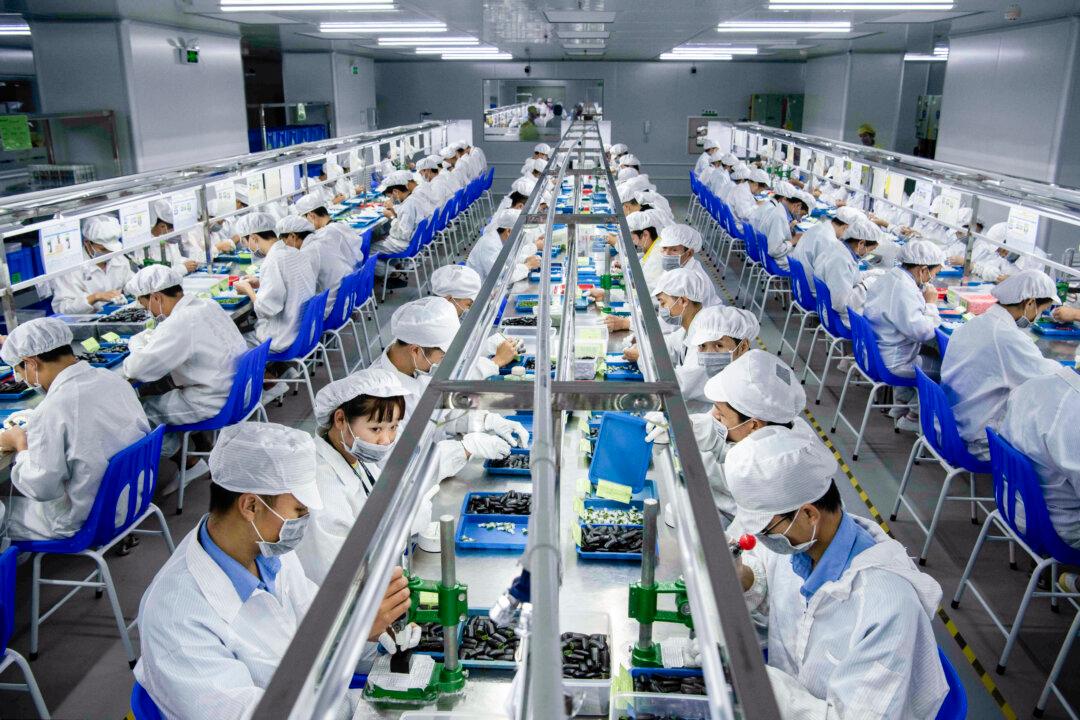Petitioners and dissidents in China have been rounded up or suppressed to keep them out of the public eye so as to not disrupt one of the largest political events of the year, happening today, known as the “two sessions.”
The meetings of China’s rubber-stamp legislature, the National People’s Congress (NPC), and its top political advisory body, the Chinese People’s Political Consultative Conference (CPPCC) are usually preceded by a crackdown.




